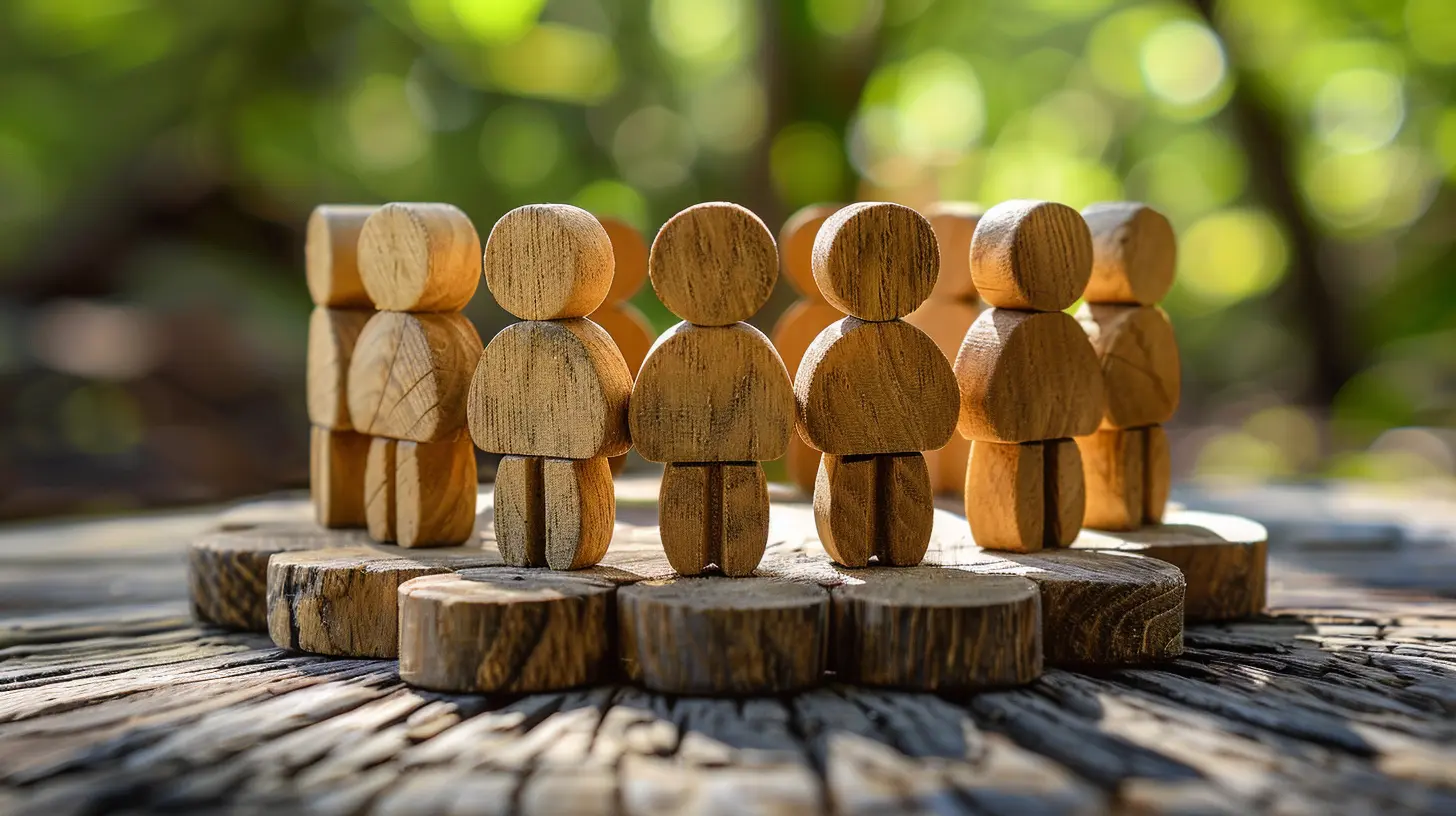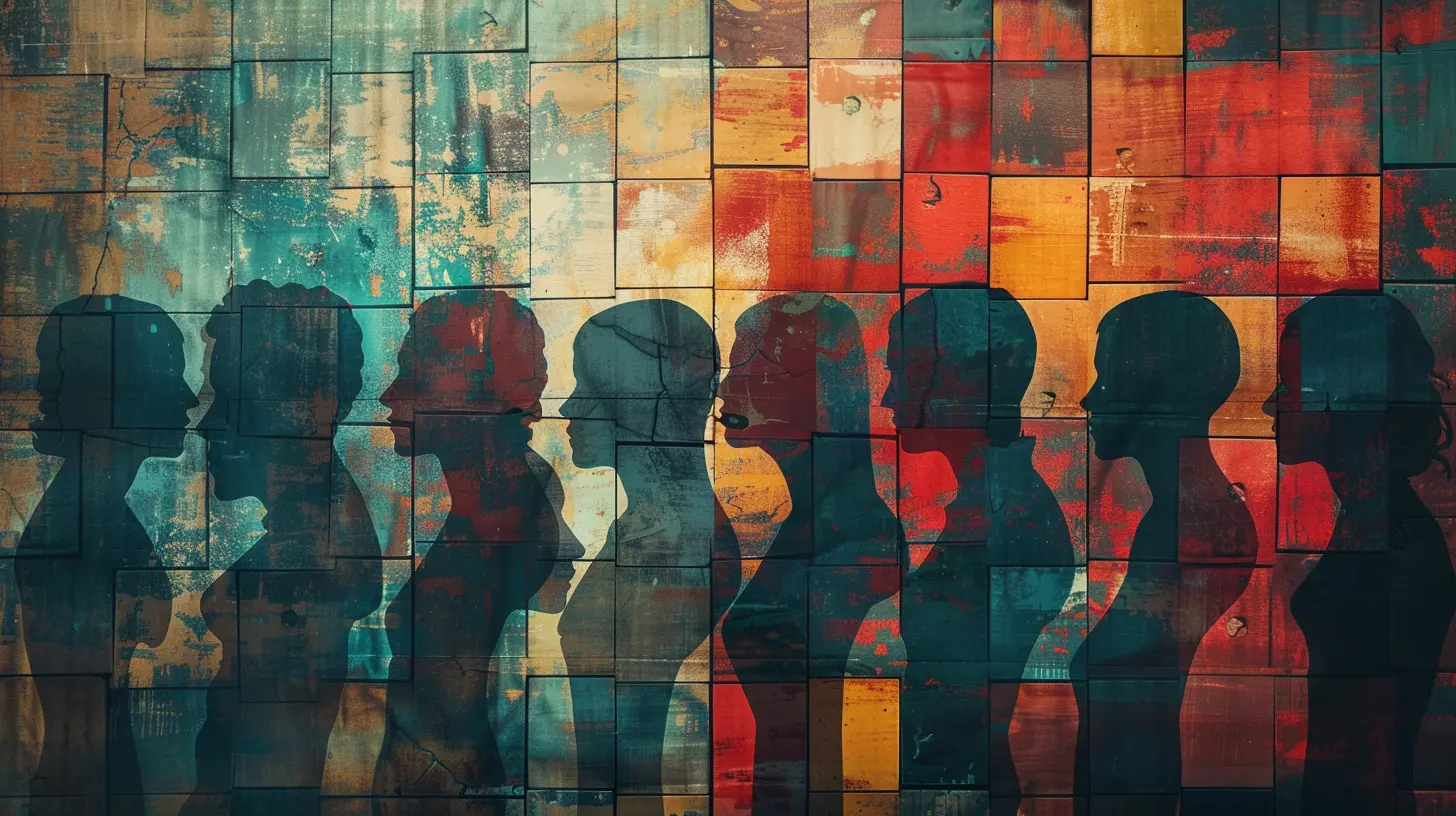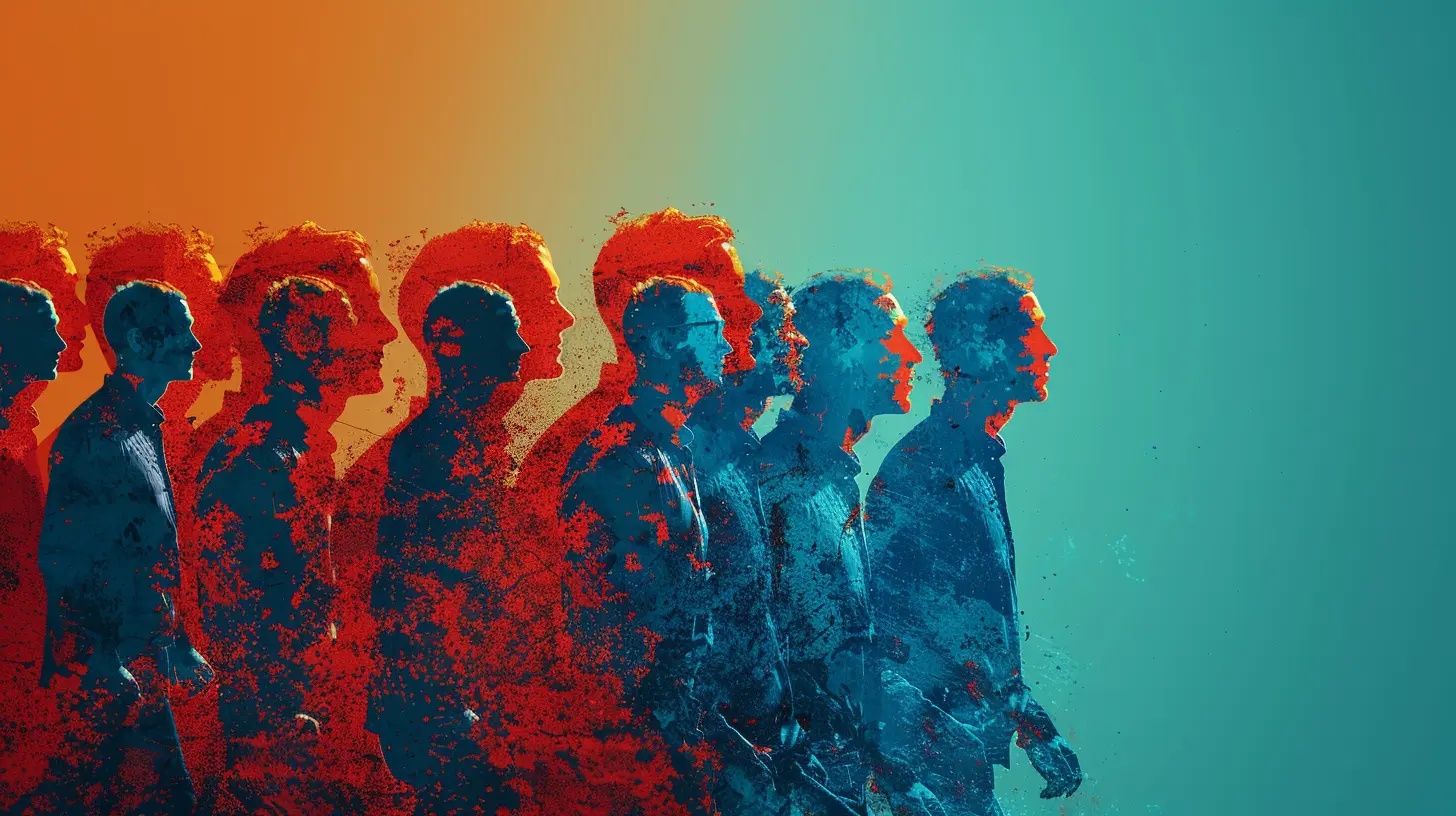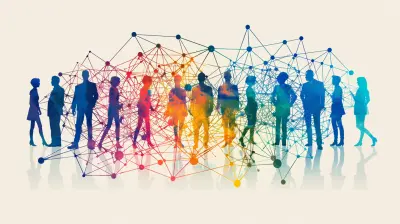The Influence of Group Dynamics on Individual Behavior
12 October 2025
Ever wondered why you suddenly start laughing when everyone around you bursts into giggles, even if you missed the joke? Or why you magically become an expert on fitness the moment your gym-going friends start discussing their workout routines? Welcome to the wild world of group dynamics, where your behavior is subtly (or not-so-subtly) shaped by the people around you.
Humans are social creatures, which means we don’t just live in groups—we thrive in them. But sometimes, these groups have a sneaky way of influencing us, making us act in ways we never expected (or sometimes regret). Let’s dive into the fascinating (and at times, hilarious) ways group dynamics impact individual behavior.
What Are Group Dynamics Anyway?
Group dynamics refer to the ways people interact, influence, and behave within a group setting. Whether it's your workplace, family, or even a random group chat that never stops buzzing, groups have an invisible power over our actions and decisions.Psychologist Kurt Lewin, a pioneer in group dynamics, suggested that behavior is a function of the person and their environment. In simpler terms? You might be a saint on your own, but throw you into a group of mischief-makers, and suddenly, you're plotting your next harmless prank.
So why does this happen? Let’s break it down.
Peer Pressure: The Sneaky Puppet Master
We've all been there. You're at a party, and someone hands you a ridiculously spicy wing. You know it’s going to feel like swallowing lava, but everyone is cheering you on. Do you say no? Of course not. You take a bite, suffer immensely, and pretend it wasn’t that bad.Peer pressure isn't just a teen problem. It follows us into adulthood—convincing us to buy overpriced coffee, join pointless meetings, or pretend to care about sports. The fear of looking out of place or being judged is a powerful motivator. Even the strongest-willed individuals have fallen victim to it.
Interestingly, psychologists have found that peer pressure can be both negative (reckless behavior) and positive (motivating you to achieve goals). So, if your friends influence you to start hitting the gym, congratulations—group dynamics worked in your favor!
The Bandwagon Effect: Monkey See, Monkey Do
Ever bought something just because "everyone else is getting it"? Or started binge-watching a show because social media wouldn’t shut up about it? Congratulations, you've been played by the bandwagon effect.Humans have an innate desire to fit in. If everyone is jumping on a trend, our brains assume there must be a good reason for it. Even if deep down, we couldn't care less about, say, kale smoothies, we still go along with the hype to avoid being the odd one out.
This effect is so powerful that it even influences political opinions, stock markets, and fashion trends. So, next time you find yourself buying another unnecessary gadget, just know—it’s not your fault. It’s science.
Social Loafing: The Art of Slacking Off
Picture this: You’re part of a group project, and you quickly realize that a couple of teammates are doing all the work while others (you know who they are) mysteriously disappear when tasks are assigned. This phenomenon is called social loafing, aka the "I’ll let someone else handle it" syndrome.When people work in groups, they sometimes put in less effort, assuming someone else will pick up the slack. This is why group projects often end up with two exhausted people carrying the entire thing while the rest sit back, contribute a few comments, and magically appear right before the final presentation.
But social loafing isn’t just about school projects. It happens at work, in families, and even in everyday tasks (ever pretended not to notice the overflowing trash can, hoping someone else would take it out? Yeah, guilty as charged).
The solution? Hold individuals accountable. Studies show that when each member has a specific role, the likelihood of loafing decreases. So, next time you're in a group task, make sure everyone has their fair share—or prepare for an intense side-eye session.
Deindividuation: When "Normal You" Takes a Vacation
Ever felt like a completely different person at a concert, sports event, or protest? That’s deindividuation in action. When people are in large groups, they often lose a sense of personal responsibility and act in ways they normally wouldn’t.This explains why peaceful people end up shouting at referees during football games, and why otherwise shy individuals go wild during music festivals. When you're surrounded by a crowd, anonymity kicks in, and suddenly, all bets are off.
This isn’t always a bad thing. Sometimes, it allows people to break free from their usual inhibitions and have fun. But in extreme cases, it can lead to mob mentality, where people engage in reckless or destructive behavior just because "everyone else is doing it."
Lesson? Before you get caught up in the moment, maybe take a second to ask yourself, "Would I do this if I were alone?"
The Bystander Effect: “Someone Else Will Do It”
Imagine walking past someone struggling with a broken-down car on the side of the road. You think, "Someone else will stop to help." So, you keep walking. Shockingly, everyone else thinks the same thing, and the poor person is left helpless. Welcome to the bystander effect.The more people around, the less likely individuals are to help because they assume someone else will take responsibility. Psychologists Bibb Latané and John Darley coined this term after a famous case where witnesses failed to intervene during a crime because they thought others would step in.
The takeaway? If you see someone in need—help. Don't assume others will step up. Sometimes, all it takes is one person breaking the cycle to set off a chain reaction of good deeds.
Groupthink: The Silent Killer of Good Ideas
Ever sat in a meeting where everyone just agrees on a bad idea, simply because no one wants to be “that person” who disagrees? That’s groupthink, and it’s responsible for some of history’s worst decisions (looking at you, infamous corporate failures).Groupthink occurs when people suppress their opinions to maintain group harmony. The result? Mediocre ideas, poor decisions, and sometimes, absolute disaster. NASA’s Challenger explosion? A tragic case of groupthink. Many experts had concerns but stayed silent to avoid conflict.
To avoid this pitfall, groups need to encourage open discussions and dissenting opinions. If everyone is saying "yes" too quickly, it's probably time to ask, "Are we really thinking this through?"
How to Stay True to Yourself in a Group
Now that we’ve established that groups can turn us into trend-following, responsibility-avoiding, spicy-wing-consuming creatures, how do we maintain our individuality?- Be aware of the influence. Recognizing when you're being swayed is the first step to resisting unnecessary pressure.
- Speak up. If something doesn’t sit right with you, voice your thoughts. Your contribution might be exactly what the group needs.
- Surround yourself with the right people. The good news is, peer pressure works both ways. Choose groups that push you towards positive change.
- Practice independent thinking. Before jumping on any trend or decision, ask yourself, "Would I do this if I were alone?"
At the end of the day, being part of a group is part of being human. It can push us towards greatness—or make us eat entirely too much cake at an office party (because, hey, everyone else was doing it). The key is to strike a balance: Engage, enjoy, but don’t lose yourself in the madness.
Final Thoughts
Group dynamics play a fascinating role in shaping our behaviors, often without us even realizing it. Whether it’s the contagious energy of a crowd, the silent struggle of group projects, or the weird quirks of social conformity, the influence of those around us is undeniable.But hey, next time you find yourself doing something questionable just because the group is doing it—at least now you know the psychology behind it. And maybe, just maybe, you’ll have the willpower to say, "Actually, no thanks, I don’t need another plate of nachos…" (probably not, but it’s a nice thought).
all images in this post were generated using AI tools
Category:
PsychologyAuthor:

Eliana Burton
Discussion
rate this article
1 comments
Matilda Whitaker
This article beautifully highlights how our connections shape us. Understanding group dynamics can empower us to foster healthier, more supportive environments.
October 19, 2025 at 2:26 PM

Eliana Burton
Thank you for your insightful comment! I'm glad you found the article highlights valuable. Understanding group dynamics is indeed key to fostering supportive environments.


